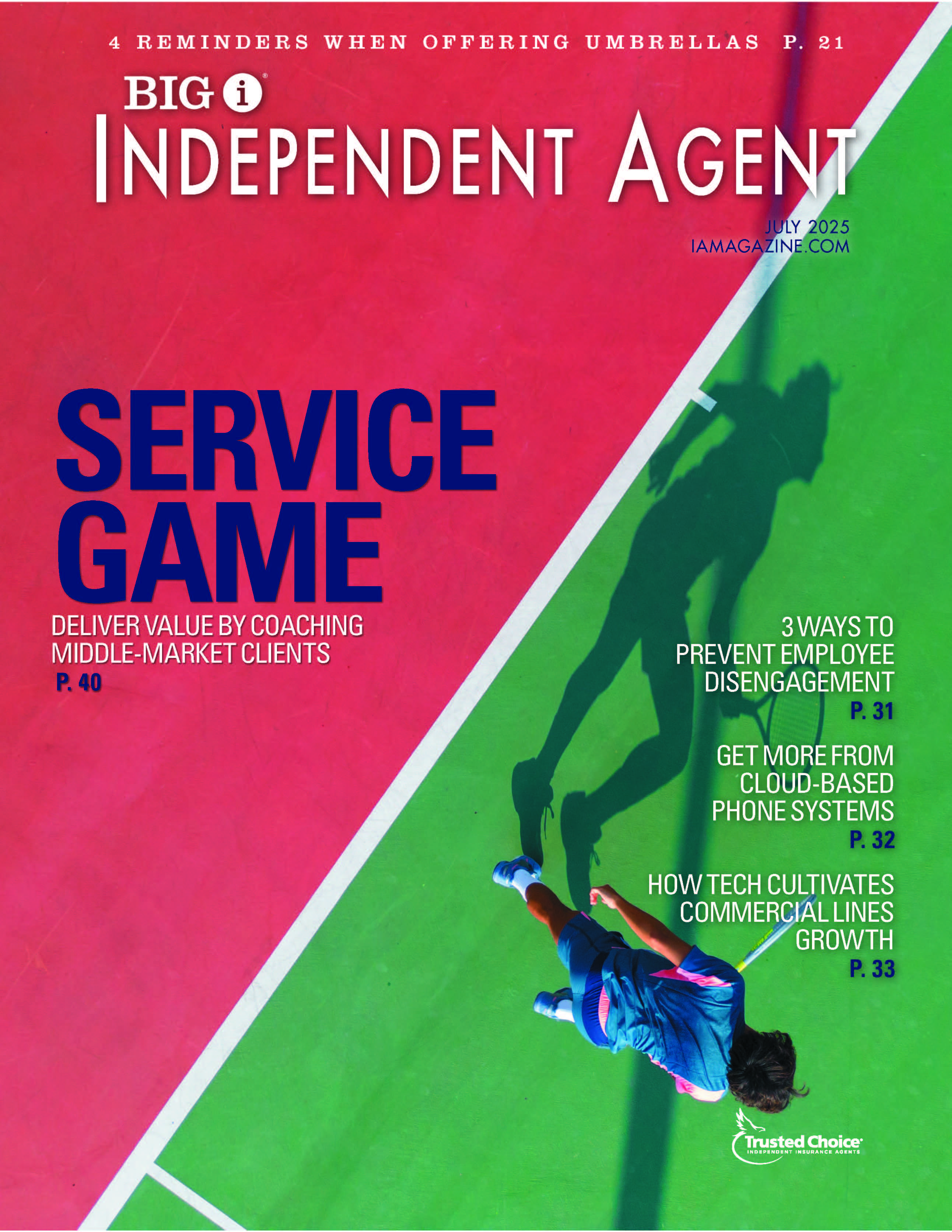4 Tips to Give Your Marketing Purpose

By Kathryn Smith
In the insurance industry, making your voice heard takes more than just visibility—it requires strategic precision. Though there’s debate over the true statistics, everyone can agree that today’s consumers are exposed to significant amounts of advertisements and content throughout the day. That means that competition for attention is fierce.
Consistent branding can increase revenue by 33%.
A top marketing challenge today is finding new and innovative ways to stop the scroll, connect authentically and break through clutter to build trust and create tangible value.
At Jencap, we have implemented a guiding principle for our marketing team: “highest and best use.” This phrase ensures that everything we do has a purpose, makes an impact and moves the needle.
In a noisy world, intentional marketing is essential. It’s not enough to be “seen” in the marketplace. Prioritizing the “highest and best use” of resources can enable independent insurance agencies to funnel their efforts into high-impact activities—from targeted digital content to powerful thought leadership pieces.
For example, each marketing activity—a blog post, podcast or conference appearance—should be evaluated against that standard to ensure your marketing is fostering connections and reinforcing your brand’s trustworthiness with the right target audience.
Here are the four elements of a purposeful marketing strategy that can deepen your agency’s impact:
1) Unify your brand. Consistency is key. In fact, consistent branding can increase revenue by 33%, according to a study by Marq, formerly Lucidpress. To achieve this, it’s important to build a cohesive website as the core of your brand and create industry-specific landing pages that speak to niche audiences. This tailored approach allows you to engage audiences.
2) Make meaningful connections through thought leadership. Today’s audiences crave informative and authentic content. In fact, 64% of business-to-business buyers say that an organization’s thought leadership content is a more trustworthy basis for assessing its capabilities and competency than its marketing materials and product sheets, according to a study from Edelman and LinkedIn Marketing Solutions. More than half of buyers say it’s especially important for new and small companies to produce thought leadership if they want buyers to consider working with them.
It’s not about self-promotion—it’s about offering relevant insights that help your audience navigate challenges. Google increasingly prioritizes first-party information directly sourced from human expertise, making it essential for content creators to go beyond generic writing. Producing well-written material is no longer sufficient; Google’s algorithms favor content that reflects depth, authority and authenticity, rewarding those who provide tangible, actionable value derived from direct human input.
This means tapping into the perspectives of subject matter experts or sharing specific, verifiable experiences that cannot be easily replicated elsewhere. Quality content ideas include weekly blogs, real-world case studies and in-depth white papers. Each piece should aim to establish your agency as a trusted advisor.
More on marketing
3) Maximize visibility through earned media. In an industry where trust is everything, earned media leveraging subject matter influencers should be a vital part of your approach. To amplify your message, strategically position your experts in the media, placing them in interviews, speaking engagements and award submissions to boost visibility and credibility. This exposure allows them to become true brand ambassadors who speak on behalf of your values and share insights that resonate with your audiences.
This earned media strategy elevates your experts, opens doors for valuable partnerships and positions you as a voice of authority in the industry. And when other websites feature your experts and include a link to your website—known as a backlink in the marketing world—that can also boost your search engine optimization (SEO).
4) Stay agile to maintain relevance. The insurance landscape constantly evolves, and adapting quickly is essential to staying relevant. To maintain flexibility, seek partnerships that enhance your ability to innovate and respond quickly.
Working with an outside agency can be invaluable to help you iterate, implement, adjust and repeat—from updating SEO for emerging trends to crafting timely, relevant content that addresses new challenges in the market. You can quickly launch new ideas with outside support and align each initiative with your broader strategic goals.
Kathryn Smith is managing director of marketing at Jencap.











